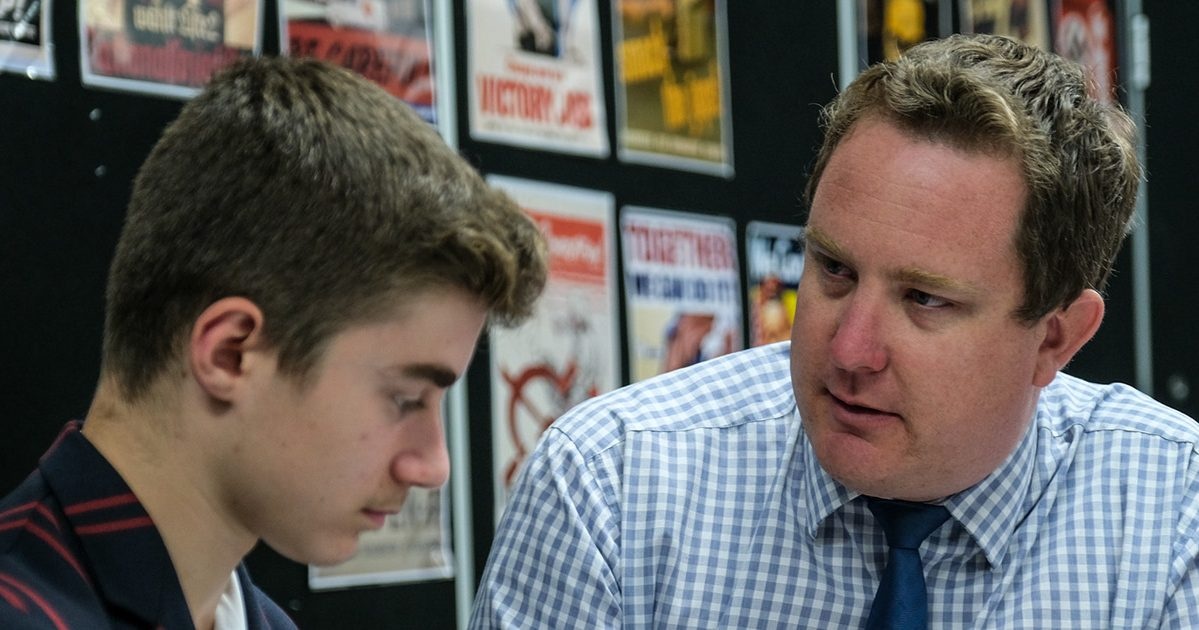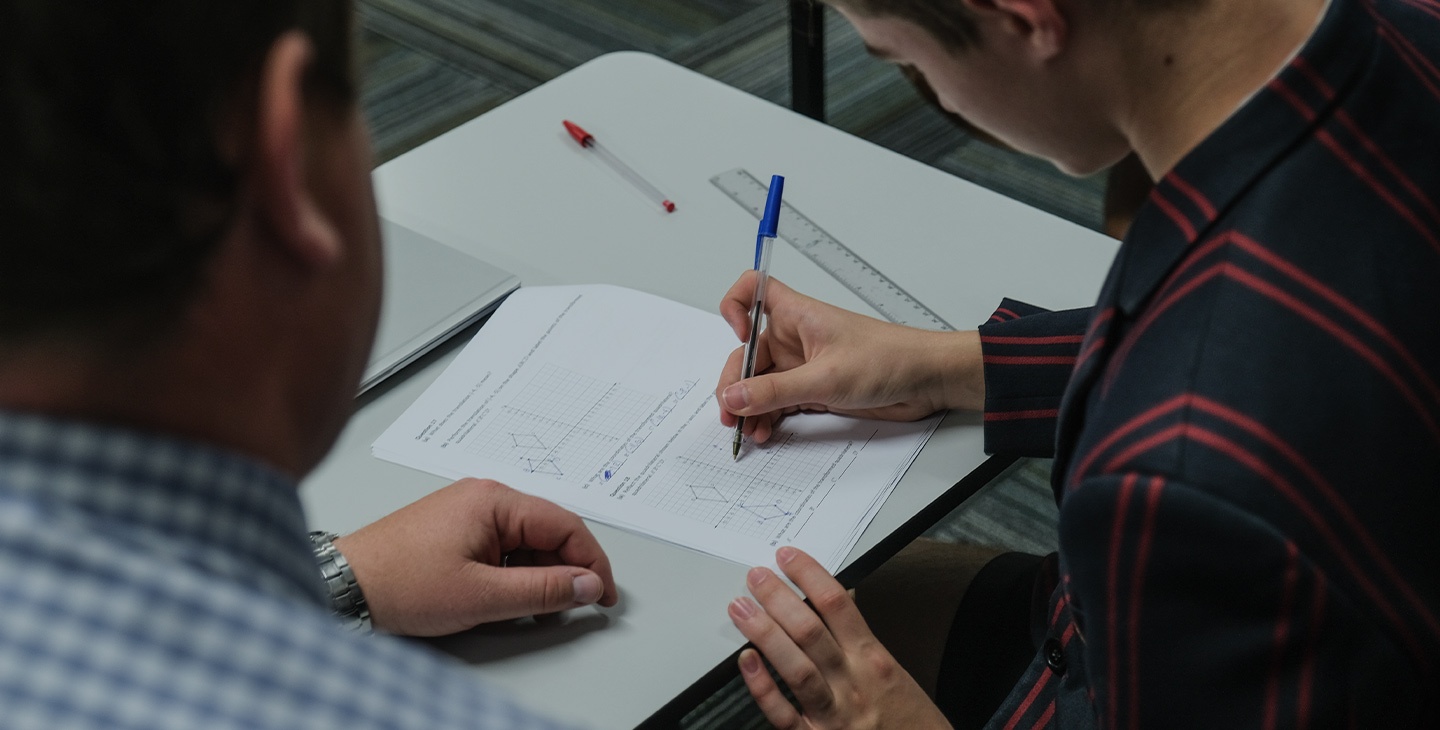
Continuous professional development is critical as highlighted by Hattie’s research, which showed that after a student’s own abilities the next biggest contributor to a child’s learning success is the quality of the teaching staff and how they are able to reach their pupils through relational teaching.
In 2018 we launched the Centre for Excellence in Learning and Teaching in the school with the express purpose of delivering tailored professional learning in line with our vision, mission and strategic plan.
“For classrooms to be cultures of thinking, schools have to be cultures of thinking for teachers”1
The term school culture generally refers to the beliefs, perceptions, relationships, attitudes, and written and unwritten rules that shape and influence every aspect of how a school functions.
We would like our students to leave school as adults with an openness to learning and a sense of agency, which is a sense that they have the understanding, knowledge and skills with which to actively and positively interact with the world and enact change.
Education traditionally focused on the known; involving passing on a body of knowledge and transference of content. Education for the unknown (typically called the “21st Century skillset”) has become our new focus. Imitative mastery of a routine body of knowledge won’t assist students to operate effectively in a world of complexity and change where the capacity to learn, unlearn and re-learn quickly is more valuable. Our students need to be able to cope with the unfamiliar and lean into challenges, persevere to increase ‘frustration tolerance’, think creatively and critically, have an open-minded disposition in order to problem-solve through reflecting on the efficacy of alternative solution pathways, make multiple connections and transfer that thinking between various contexts. They need to be able to communicate, and make visible, their thinking. They need to be open to mistakes as a necessary part of learning development and the associated instructive implications of error-making. They need to be able to work well both in interdependent and self-directed ways, and evaluate when one mode is better than another. They need to be able to choose the correct tool for the job and they need to be mindful of themselves as learners to better direct their learning pathways and their ways of living and being in a world of diversity and change.
And so do their teachers. Teachers are learners too.
The learning of staff needs to positively affect student learning outcomes. This is its prime, yet not only, focus. John Munro wrote2 of the importance for schools to have “pedagogic capital”, the teaching power of a school. Part of my role is to not only accelerate the development of the school‘s ‘teaching power’ but also the power of ALL learners within the school and its broader community. Munro asserted that school leadership teams have an important role to play in developing a positive learning community and support an innovative, action-research based and collaborative approach to investigating issues associated with learning. The institution itself should thus take on the responsibility to provide the climate, and the means, by which teachers can build capacity and adapt their current levels of expertise as available research becomes known.
It’s about asking the right questions about what we’re doing and why we’re doing it. It isn’t about re-stating what is known but, rather, critically exploring and evaluating our own practices, taking educated risks, taking notice of the effects of these explorations and scaling up those that had the most impact on learning.
We are living in a particularly exciting time for education. We currently have a sufficiently large body of evidence that allows us to know what classroom practices and what professional learning practices will deliver the most effective learning outcomes for our students. We also have the technological means by which to share ideas and knowledge and collaborate as we have never had before.
The Director’s role is to collaborate with, support and extend the reach of the school community, as we seek together to positively influence learning behaviours and educational outcomes and move from current, to best, to next practice.
Many of our staff undertaking formal education extension, while others bring their experience and expertise in education to the school. Here are some of the depth and qualities are staff bring:
- Many teachers doing further study (PhD/Masters)
- Junior School: International Baccalaureate workshop leaders that train other teachers
- A number are VCE examiners, course writers (over 65% subjects taught by VCE examiners)
- Lauren Cook and Helen McDonald, who have both been internationally recognised for their research in to positive masculinity and boys education
- Lauren Cook, Head of Wellbeing – Boys who won an ACEL New Voice Scholarship in 2019 for Educational Leadership
- Meg Fortington, Director of Curriculum and Innovation and Annette Rome, Principal who were recognised as two of Australia’s 10 Most Influential Educational Leaders in 2019.
1Ron Ritchhart – at AISV’s Establishing and Sustaining Professional Learning Communities in service February 29, 2008
2Pedagogic Capital: An Essential Concept for Effective School Leaders in CSE Seminar Series No. 161, February 2007




